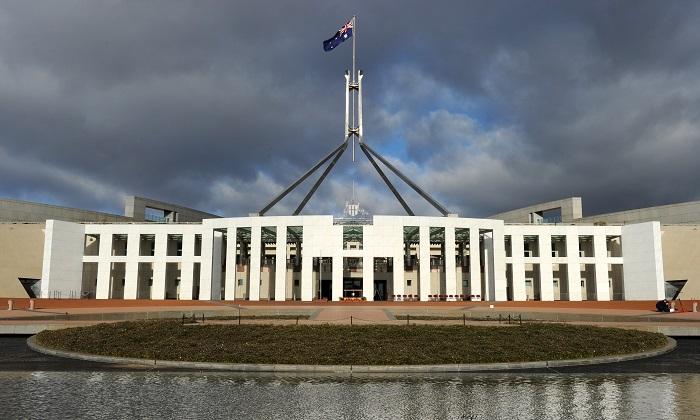The Australian government has been given new powers to void deals with foreign nations that aren’t in Australia’s national interests after Parliament passed the final legislation on Tuesday.
In an effort to curb foreign interference and any deals that might adversely affect Australia’s foreign relations, the laws allow the federal government to review and invalidate agreements with other nations made by states, territories, local councils, and public universities.





